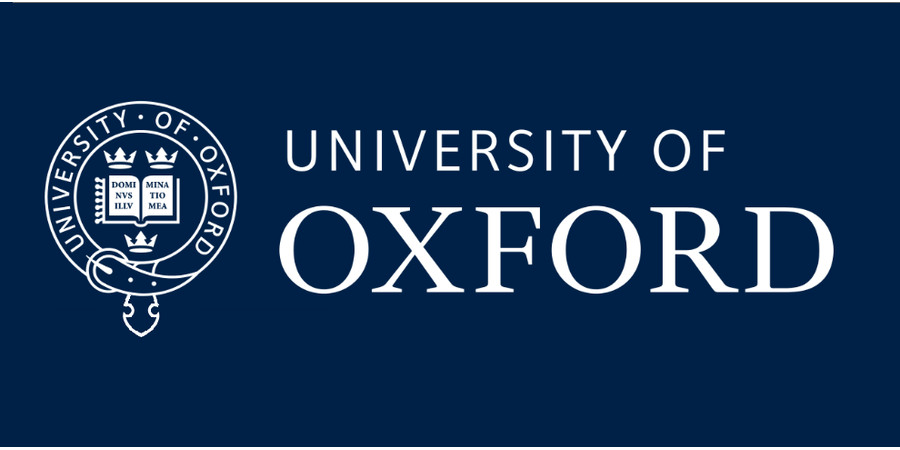Back to search results
Postdoctoral Research Assistant
University of Oxford - RDM Division of Cardiovascular Medicine, John Radcliffe Hospital
| Location: | Oxford |
|---|---|
| Salary: | £38,674 to £46,913 per annum |
| Hours: | Full Time |
| Contract Type: | Fixed-Term/Contract |
| Placed On: | 14th January 2025 |
|---|---|
| Closes: | 11th March 2025 |
| Job Ref: | 177693 |
We are looking for an enthusiastic Postdoctoral Research Assistant to join a team of researchers developing immune and gene therapies for inherited cardiomyopathy. The post is based in the University of Oxford Centre for Human Genetics (CHG), Old Road Campus, Roosevelt Drive, Oxford, OX3 7BN.
You will become a member of the Inherited Heart Muscle Disease Group led by Professor Hugh Watkins FRS FMedSci. The group has a long-established and productive programme of work investigating the molecular and cellular basis of important inherited heart muscle diseases (PMID: 21524215, 22456184, 29097735). The role of immune cells in hypertrophic cardiomyopathy (HCM) is an exciting new area we are exploring to increase our understanding of the processes that cause cardiac remodelling. This pioneering work is part of the world leading international collaborative programme, CureHeart (www.cureheart.org), funded by a £30 million award from the British Heart Foundation (BHF) and led by Prof Hugh Watkins.
The position is fixed term until 9th November 2027 with a 1 year probation period. The work will be supervised by Dr. Ying-Jie Wang and Professor Hugh Watkins in the Division of Cardiovascular Medicine. The post holder will provide guidance to less experienced members of the research group, including other postdocs, research assistants, technicians, and PhD and project students.
You will have or be close to the completion of a PhD in a relevant discipline (e.g. cardiovascular biology, immunology, or similar), and have an advanced in vivo cardiac phenotyping experience and skills. With capacity to deliver high quality research outputs, as illustrated by a strong publication record in high profile cardiovascular or immunological journals. Proven experience in developing immunotherapy and/or gene therapy would be desirable.
You will be required to upload a covering letter/supporting statement and a CV as part of your application The closing date for this post is 12.00 midday on 11th March 2025. Interviews will take place on 27th March 2025 at the Centre for Human Genetics.
We value your feedback on the quality of our adverts.
If you have a comment to make about the overall quality of this advert,
or its categorisation then please
send us your feedback
Advert information
Type / Role:
Subject Area(s):
Location(s):









